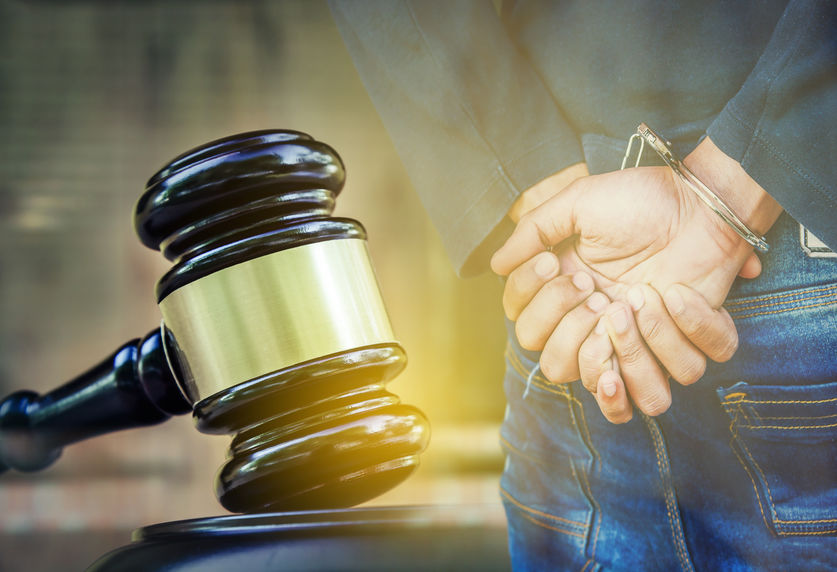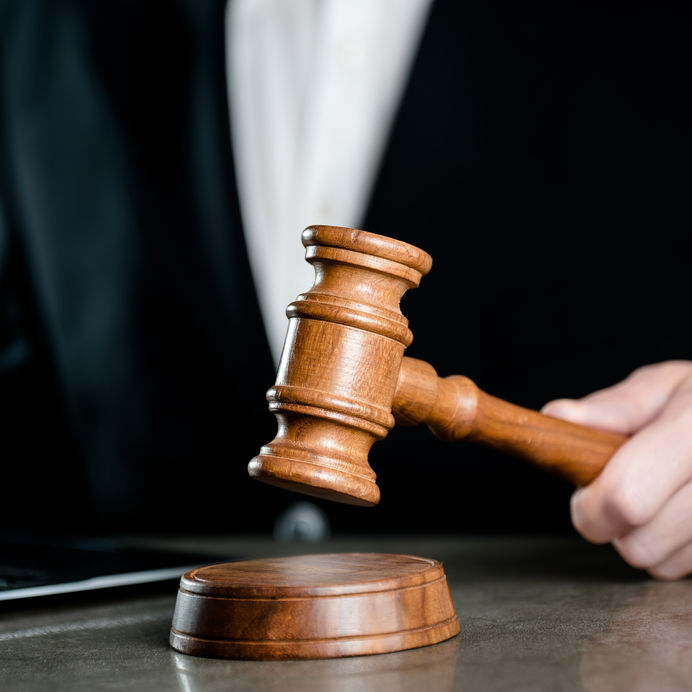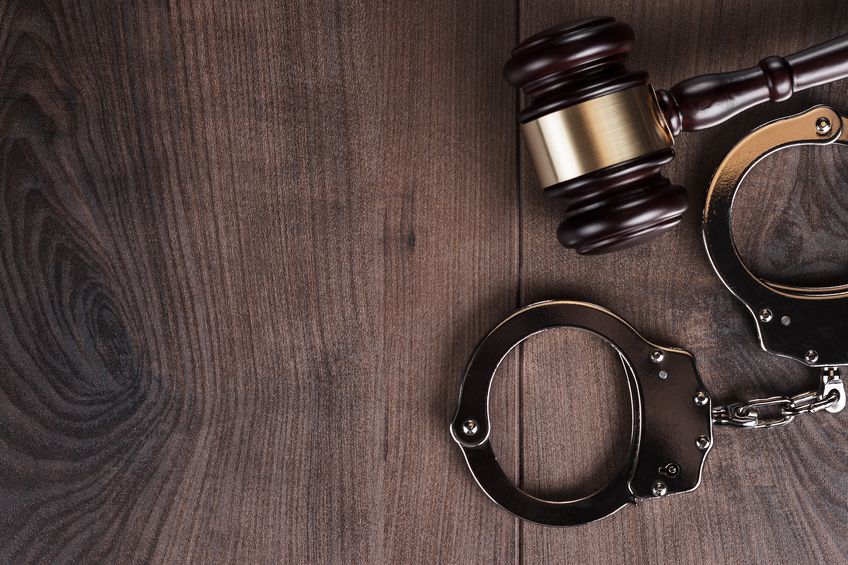Was I Falsely Arrested?

False Arrest Defined
An arrest is an extremely frightening encounter. To discover after the fact that it may have been a wrongful or illegal arrest is even more distressing. Here’s how you can know if you might have been falsely arrested and how you can get legal assistance after being criminally charged.
A false arrest is when a law enforcement officer takes you into police custody without a warrant by a judge for your arrest or without probable cause. Probable cause is defined as the reasonable belief that a crime has been committed, based on the evidence available, either observed or via a search. If you were arrested for a crime without probable cause, this may be a false arrest.
Taking the 4th Amendment Into Consideration
The Fourth Amendment protects U.S. citizens from wrongful arrests. The Amendment states that people have the “right to be secure in their persons, houses, papers, and effects, against unreasonable searches and seizures, shall not be violated, and no Warrants shall issue, but upon probable cause, supported by Oath or affirmation, and particularly describing the place to be searched, and the persons or things to be seized.”
Wrongful Arrest Elements
There are typically three elements needed to prove a false arrest:
1. The law enforcement officer restrained you using their authority or force.
2. The officer prevented you from leaving, either by telling you that you weren’t free to leave or locking you in a room, handcuffing you, etc.
3. The arrest was intentional, and the officer who took you into custody knew that there weren’t enough grounds to do so.
If the police officer requested for you to go with them, or you agreed to, you may have a harder time proving your wrongful arrest case.
Can a False Arrest Have an Impact on Criminal Charges?
If you were wrongfully arrested, you might be able to seek the dismissal of the charges against you. Essentially, this means that you can’t be charged for the crime you’re accused of because the arresting police officer did not follow the legal protocol. That said, you must have evidence to show that the officer had no probable cause before arresting you.
Arrested for a Crime? Call a Maryland Criminal Lawyer Now
If you have been arrested without a warrant or probable cause, it’s critical to contact a criminal defense attorney as soon as you can. Call Britt Criminal Defense now at 443-944-5705.



